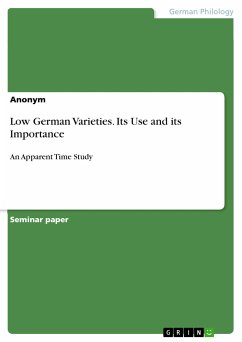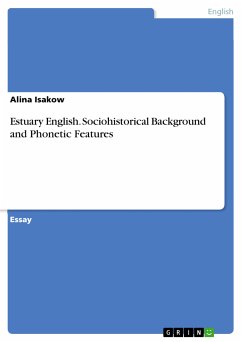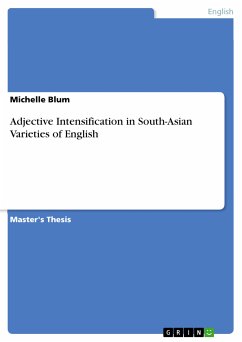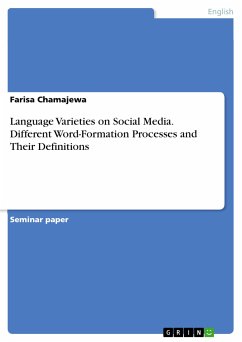Seminar paper from the year 2019 in the subject German Studies - Linguistics, grade: 1,3, University of Dortmund, language: English, abstract: This paper deals with the use and importance of varieties, in this case, Low German, nowadays in the German language. To find out about this, a survey was conducted, where people of different ages were asked about their ability to understand and produce Low German, but also about their opinion on the importance of Low German in consideration of their ancestry, origin, social contacts, and others to find out how present the variety of Low German is. The results show that Low German is losing importance from generation to generation. This predicts that Low German will become extinct in the next years. Low German is a variety of German that used to be common in the northern and eastern parts of Germany for thousands of years. Being born in the 1990s or later, today's youth is not able to understand their grandparents properly when they start talking Low German or they even do not have any contact with this variety at all. In comparison, a few years ago, almost everyone in that named area of Germany spoke or at least was able to understand Low German properly. Clearly, the use of the German language and its varieties is undergoing a change right now. This paper is not just an apparent time study of Low German in the 21st century, but also looking at the different reasons this change may be caused by. This research is inspired by a German study about the language in the city of Hanover by Hana Ikenaga from Leibniz University Hanover, which will be explained in more detail later on.
Dieser Download kann aus rechtlichen Gründen nur mit Rechnungsadresse in A, B, BG, CY, CZ, D, DK, EW, E, FIN, F, GR, HR, H, IRL, I, LT, L, LR, M, NL, PL, P, R, S, SLO, SK ausgeliefert werden.









